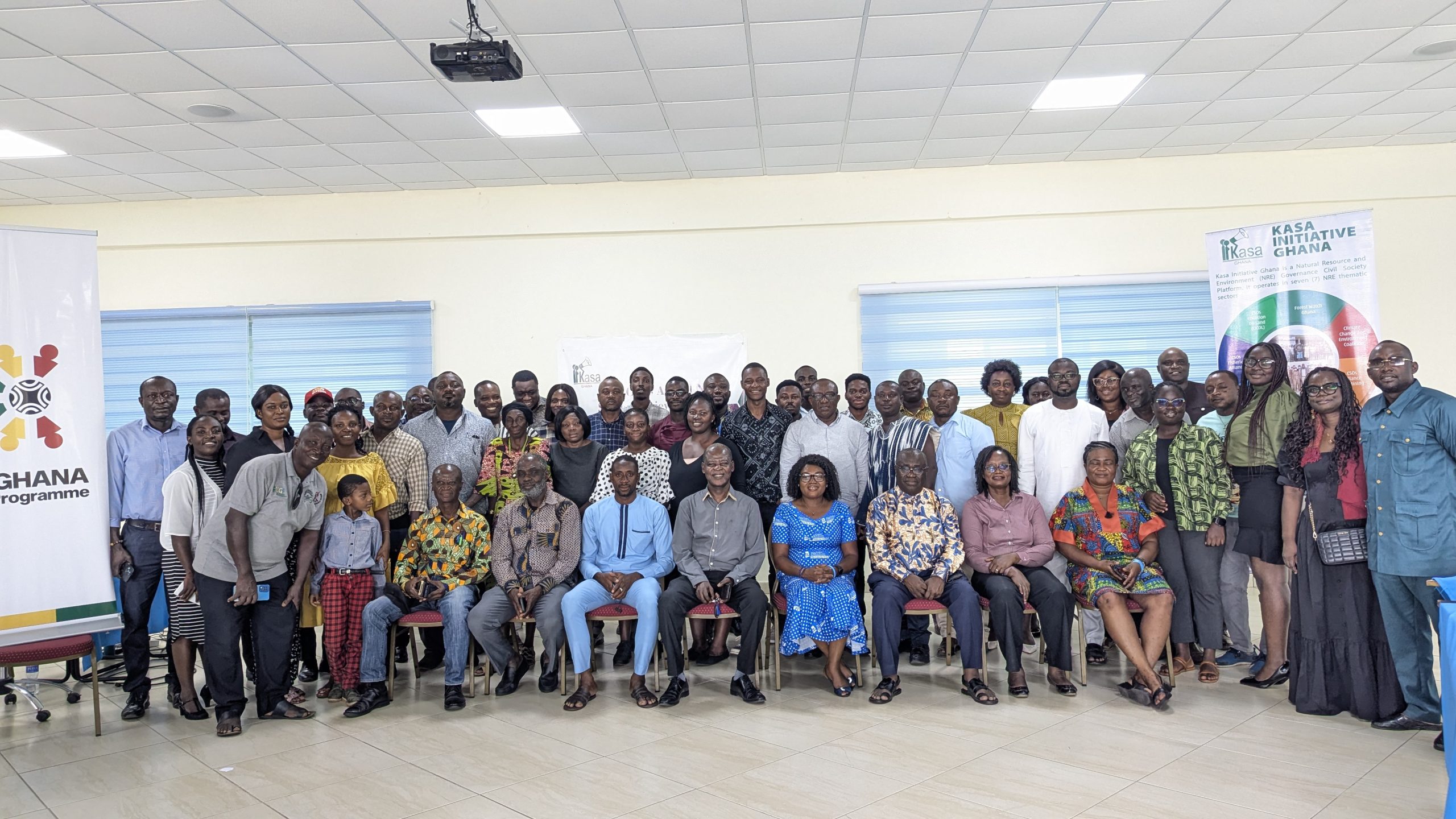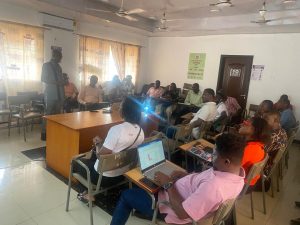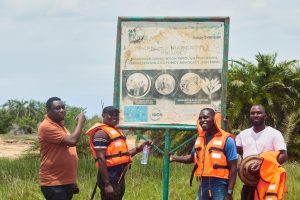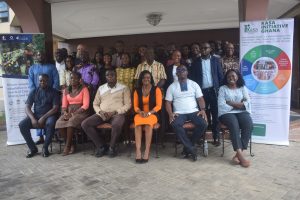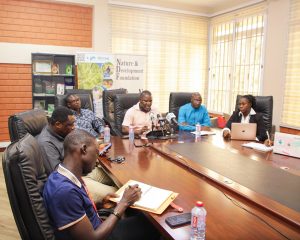15th Annual NRE Sector Review Forum
Every year, for fifteen years Kasa has been bringing together key actors in the Natural Resources and Environment Governance sector to deliberate on the development in the sector and gaps identified while recommending policy reforms to state actors. This year, Kasa partnered with UK-Ghana Gold programme to implement the 15th annual NRE sector review forum which had participation from state and non-state actors. Under the theme:confronting the scourge of illegal mining; required policy change and the role of political commitment, the seven Kasa coalitions converged to present their findings. For two days on 3rd and 4th December 2024, participants from member coalitions converged with updates, research material and policy reform proposals. Kasa Initiative Ghana is a platform for Civil society Organisations working in water, mining, fisheries, land, climate change and environment, forestry and oil and gas. Kasa with support from well constituted coalitions is able to engage stakeholders and influence policy processes by offering valuable recommendations informed by its interactions with various actors and communities. The NRE Forum then offers a chance for all coalitions to not only update each other on various initiatives undertaken but also address stakeholders in unison. The 15TH Forum’s aim was to shed light on the ravages of illegal mining on various aspects of day to day life such as availability of water and impacts of climate change. With mining expedition encroaching in forests, water
bodies and farm lands, this brings on a border issue that now poses danger to communities uninvolved in the practice. The coalitions made linkages between the illegal mining and the negative developments now being seen in various environmental and economic aspects.
UK Ghana Gold programme presentation on tax gaps in the mining sector due to lack of regulation. Small scale private mining companies do not operate in stipulated ways making it difficult for the government and in extension communities to benefit from the proceeds. “ Ghana’s 1992 constitution vests ownership of minerals to the people of Ghana and is held in trust by the president” Dr. Steve Manteaw, UK Ghana Gold Programme. In his presentation, he recommended a royalties programme to compensate community members from mining areas. This model would involve traditional leaders such as chiefs, local government and national government. Coordinated efforts would be required to ensure community members actually benefited from it.
A panel discussion culminated the two day forum tackling the financial and socio-eco nomic impacts of illegal mining; royalties model, human rights violation, porous
borders and the global gold supply chain. Comprising experts in mining, research and financial fields, the panelist delivered their opinions on ongoing discourses pertaining to the mining industry. Apart from environmental degradation, mining has a direct impact to Ghana’s social aspect with foreigners being involved in the mining activities “ Ghana has not invested in border control to monitor what goods are coming in and out of Ghana” Professor Kwesi Awinin
On regulation in the supply chain Solidaridad West Africa gave expert opinion informed by their processes as gold buyers. “ Gold buyers are now keen on traceability. Information such as the source of the gold, how it was mined and if human rights were upheld is now crucial,” Rosemary Addico, Solidaridad West Africa.
As it is custom, the forum ended with a communique issued by the seven coalitions and delivered by the Kasa chairperson. The communique offers a way forward for Ghana’s development efforts in various aspects. Containing input from all the thematic areas present, the communique is shared with media and also duty bearers. The communique provides guidelines for engagement with relevant stakeholders and duty bearers to ensure progress in the coming year. Acting as reference, the impact of the communique is monitored and results presented in the next forum.
The full Communique can be found here: https://www.kasaghana.org/15th-annual-cso-nre-sector-review-forum-2024-communiqe
1

